Finding Serenity In Queens: The D.D. Jackson InterviewD.D. Jackson talks about his new CD Serenty Song, living in NewYork and the soundtrack to Grease.By Jim Dupuis JD: So, who taught you the most about music over the years? DD: You know, I could on a certain level say that formal training taught me a lot. I studied classically in Ottawa with a wonderful teacher named Dina Namer for, really, 12 years, practically until I was ready to go to college and continue along. She got me off to a very good start and she was tolerant that I really didn’t want to do “the dozen a day,” which was the God-awful book of exercises--not to be overly critical--too late (laughs), that people learn when they’re young. They have these little figure drawings and there’s something inherently condescending about it, so I was fairly resistant to that. Instead she allowed me to learn, essentially by ear for a few years, when I first started and that got me ultimately into improvisation indirectly, because it fostered really good ear training when I went on to further studies. Then Don Pullen and Jackie Byard were my formal jazz teachers, who I got working with, once I got to New York City after college and for my graduate degree--my Masters degree at the Manhattan School of Music. They were also extremely influential mentors to me. JD: That is interesting. Don Pullen, we lost him around 1995 or so? DD: We did. Ya, it was only a few months before my mother died, so it was a very sad period for me. And, as I said he was very influential for me. In fact I really got my start by subbing for him on one of his last projects. It was a collaboration with a Native American drumming and singing group in collaboration with Garth Higgins’ dance company and Don Pullen’s African-Brazilian Connection. He actually died while I was sort of subbing for him, doing his final gigs with them. JD: That is sad. Well, you compose all the music on your CDs. How do you feel you are evolving as a songwriter? DD: Well it’s interesting. I reflect on that, because I’m almost feeling like my brain has gone off into different directions. It always has, I’ve always tried to be eclectic from one project to the other, but in terms of my jazz output, there JD: There does seem to be some adventure involved in your jazz. Don’t loose it. I love it. DD: (laughs) JD: Is there an ideal state of mind you need to be in to compose. Some people need to be upset, or happy, or it has to be a nice day. Does it matter with you? DD: Well, I have this column I’ve been writing in Downbeat for a few years called “Living Jazz.” I wrote a column, actually a couple of columns about that process. One of them was called “I don’t need time, I need a deadline,” which was one of my favourite quotes by Duke Ellington and you know, I think that’s very true with me. No matter what other things are going on, what other processes I think I need to compose, the bottom line is that if you give me a good deadline and I will start to compose, you know. So there is a certain “at the momentness” that is harnessed when you have to get it done. But there are other more musical/technical things that are involved once you get to that state, which for me involve different processes for keeping different folders of ideas and trying not to pressure myself too much and taking a break when I’m working on one piece and switching to another. These are ideas that I have also explored in my columns including the most recent once which is called “Accessing The External Melody” and it’s on newsstands right now. Part 1 Part 2 Part 3 Part 4 Part 5 |
Reviews
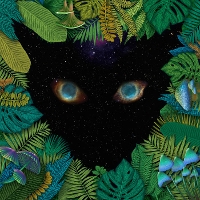
Mngwa
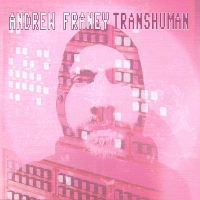
Andrew Franey
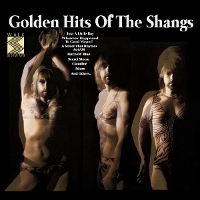
The Shangs

Alex Cuba

Tri Nguyen
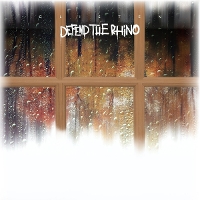
Defend The Rhino

Talltale
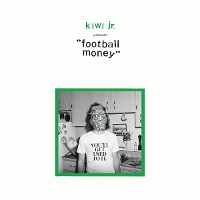
Kiwi Jr.
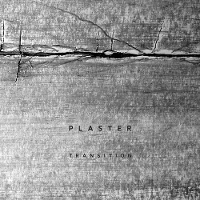
Plaster

Hyness
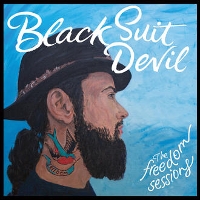
Black Suit Devil
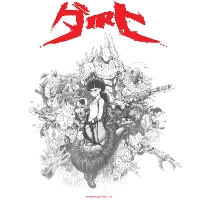
Yamantaka // Sonic Titan
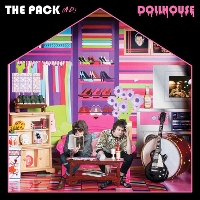
The Pack A.D.
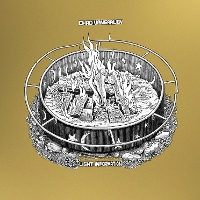
Chad VanGaalen

Potengowski Anna Friederike
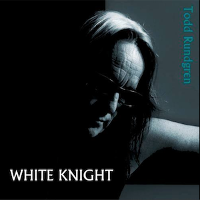
Todd Rundgren

Old 97's
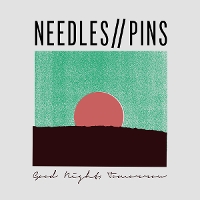
Needles//Pins


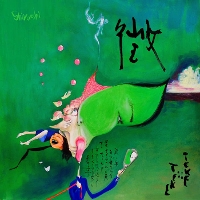
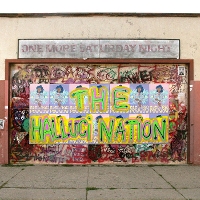
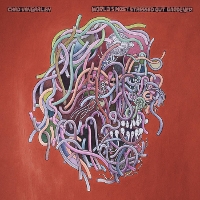
 I don't consider myself overtly political. I think that everything that I do comes out of a desire to be sincere about what I experience at any given moment of time.
I don't consider myself overtly political. I think that everything that I do comes out of a desire to be sincere about what I experience at any given moment of time. 

